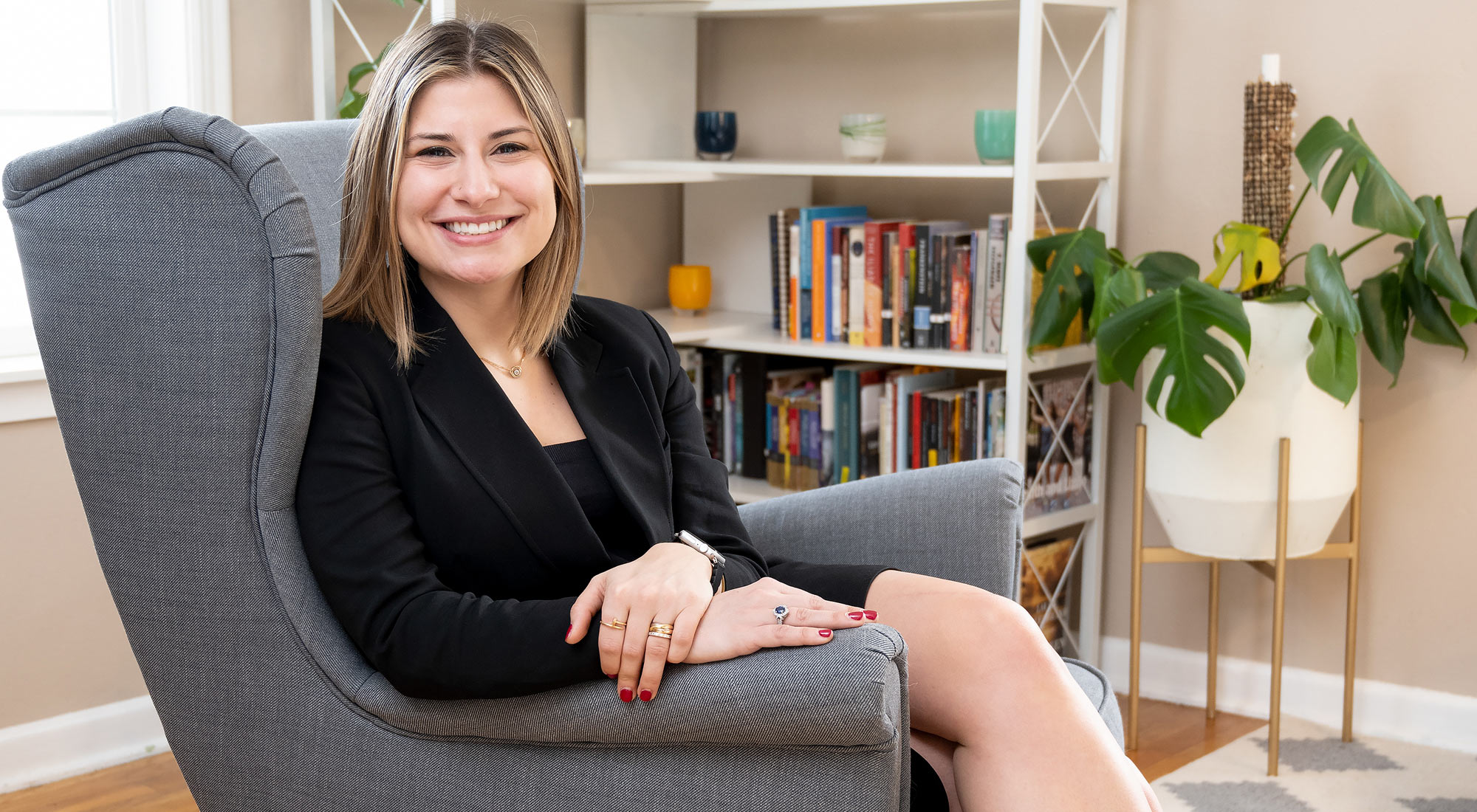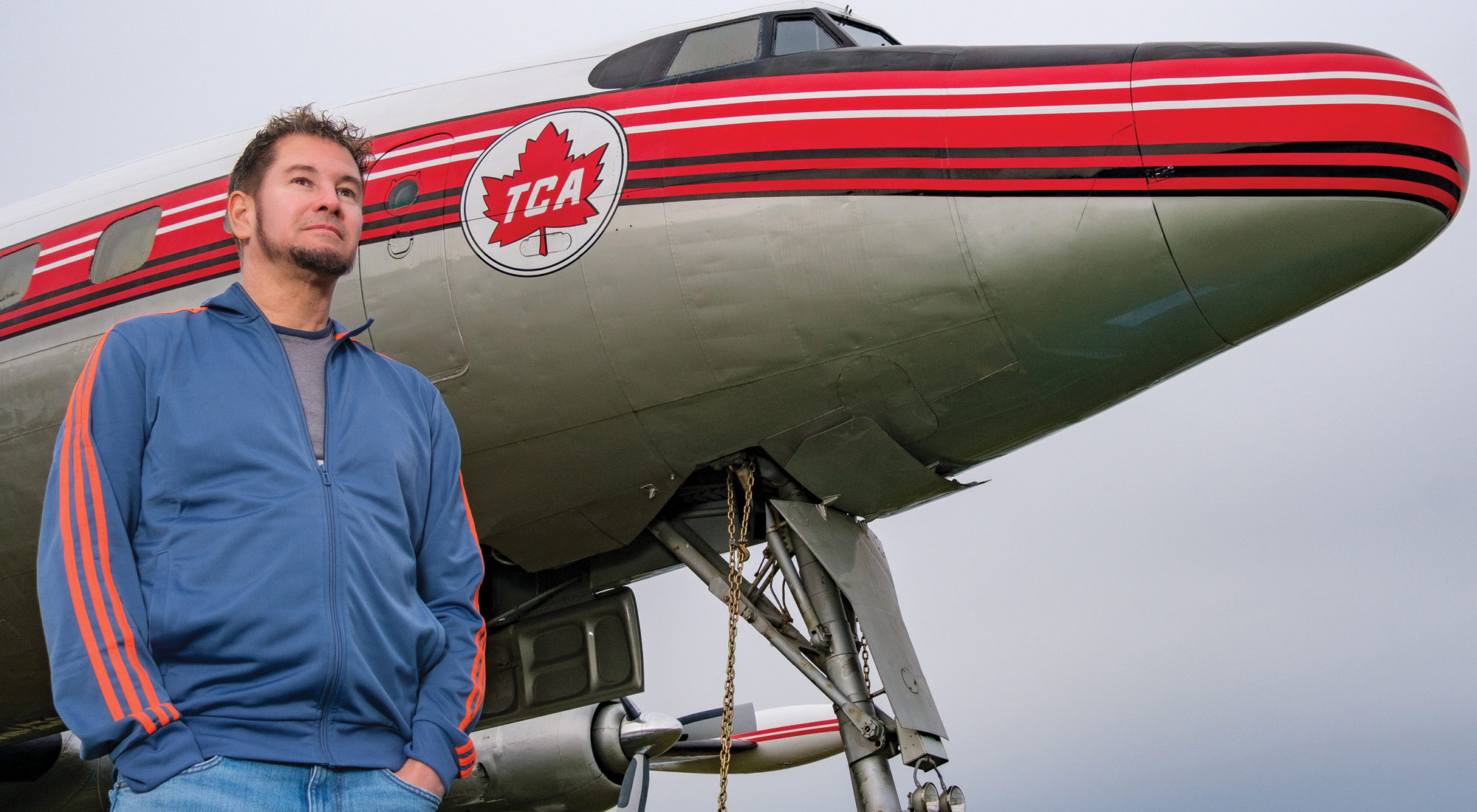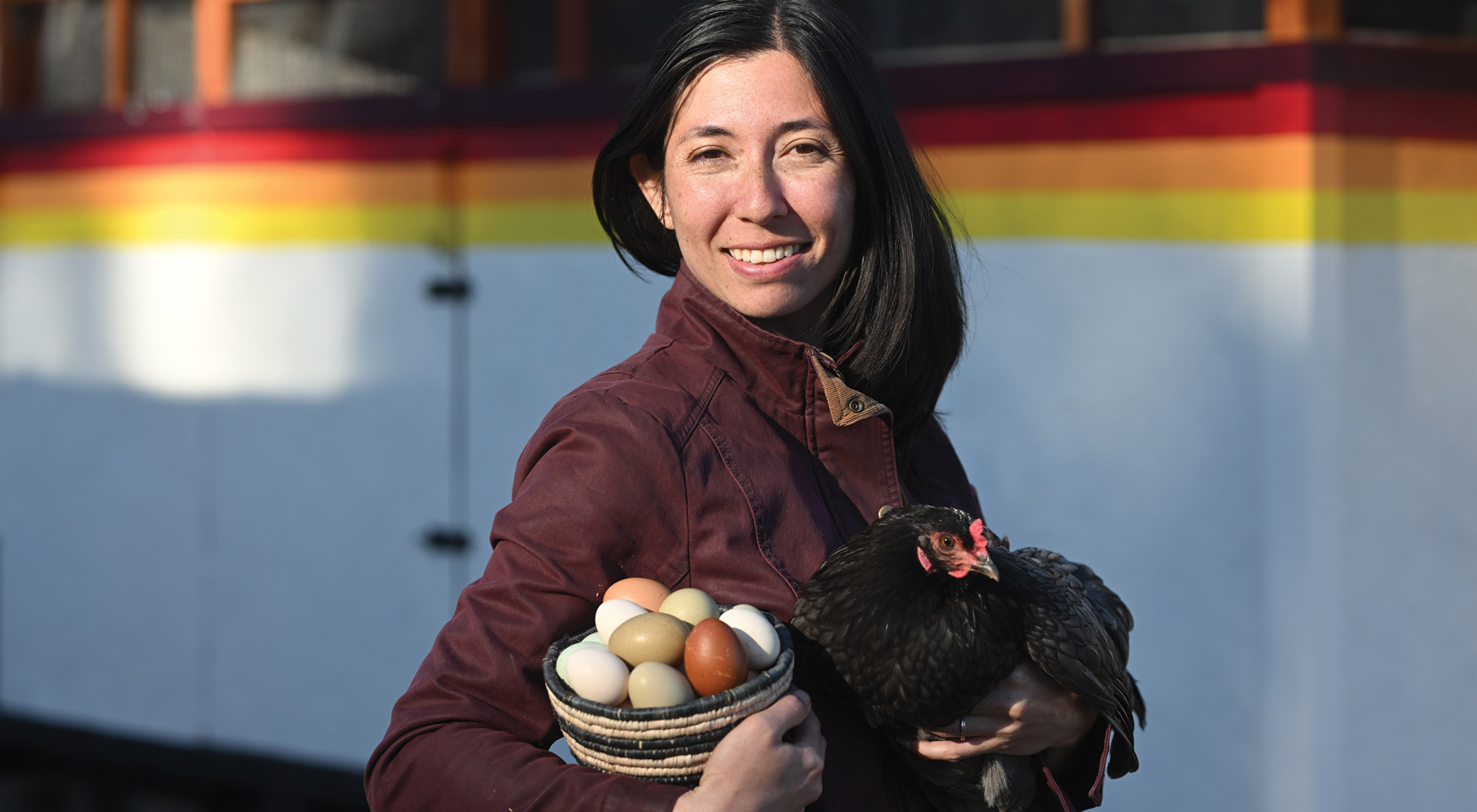Crossover Careers
By Julie Riddle '92
New students often arrive at college bearing a weight far greater than the gear they've hauled to campus. They shoulder the assumptions that they must quickly choose a major, leading to a related career, and that this daunting decision will set the course for their life. They worry they'll make a mistake and be stuck.
Whitworthians, worry not.
Here, three alumni share how they put their Whitworth education to work in fields that appear unconnected to their studies, and they share useful advice. The opportunities, as Rich Caldwell MIT '95 discovered, "are endless, and they're everywhere."


